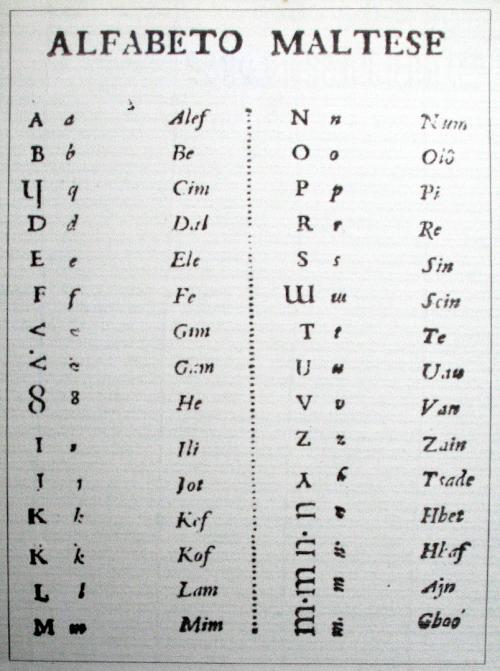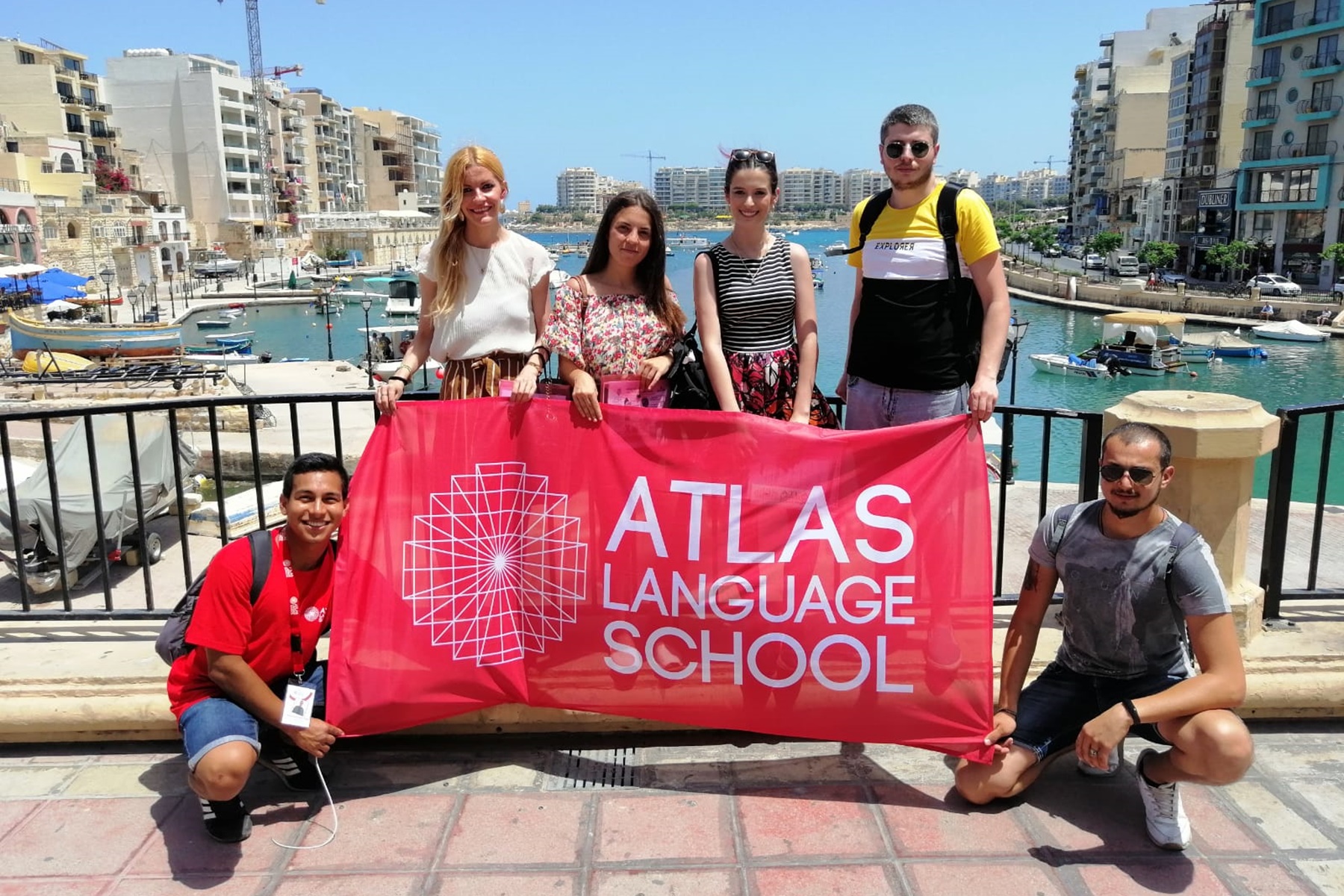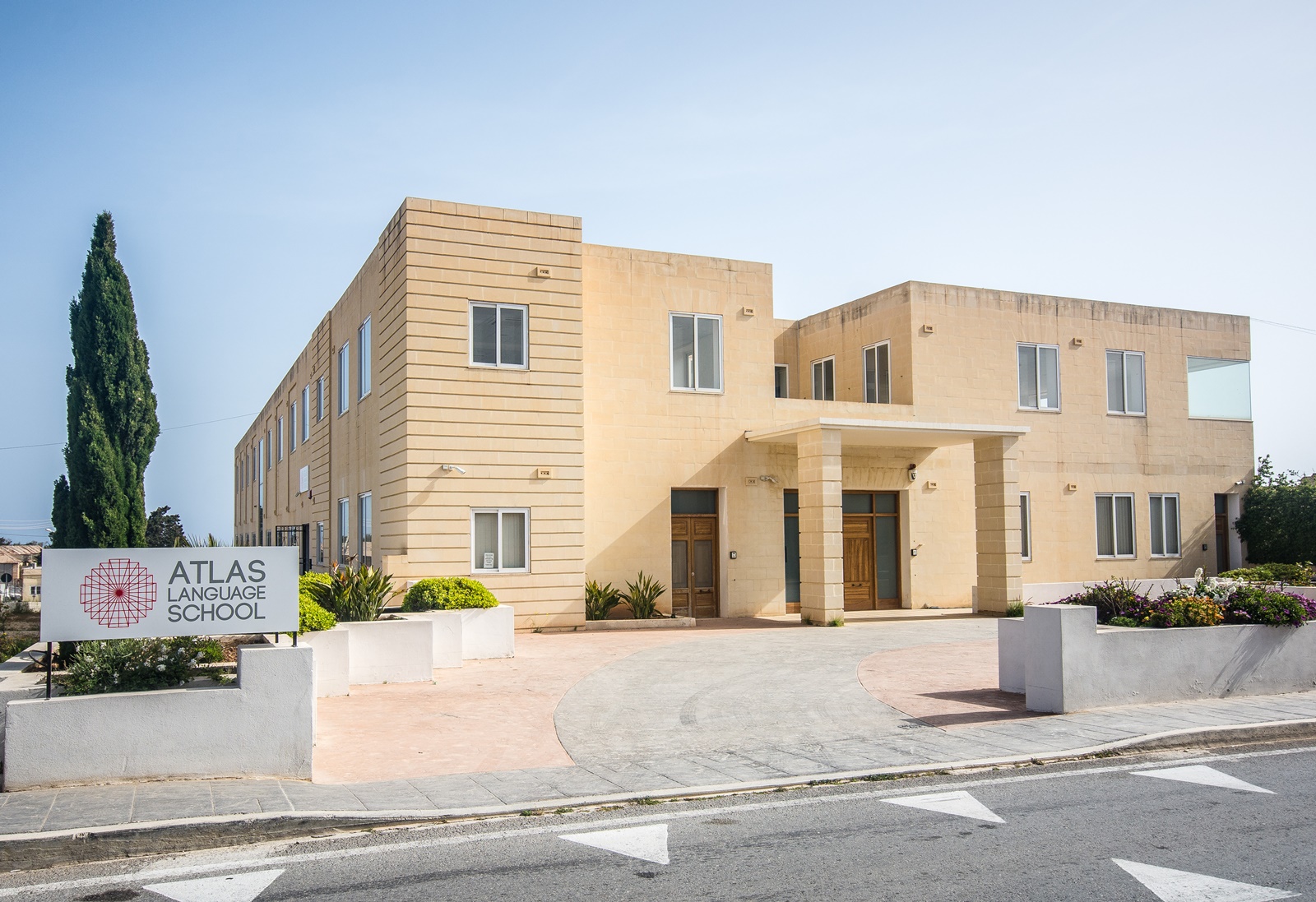Unlocking The Secrets Of Malta Language: Your Ultimate Guide
When you think about Malta, the first thing that comes to mind might be its stunning beaches or rich history. But did you know that the Malta language is one of the most unique and fascinating aspects of this incredible island? Yeah, it's true! The Maltese language, or Malti as it's called locally, is a linguistic gem that combines elements from Arabic, Italian, and English. So, buckle up because we're about to dive deep into the world of Malta language!
Now, why should you care about the Malta language? Well, if you're planning a trip to Malta or simply curious about languages in general, understanding Malti can open up a whole new world of experiences. Whether you're chatting with locals or trying to decode street signs, knowing a bit about the Malta language can make your journey smoother and way more fun.
So, let's get into it. We're going to explore everything you need to know about the Malta language, from its origins and structure to how it's used today. By the end of this guide, you'll be a Malta language pro, ready to impress anyone with your newfound knowledge. Let's go!
Read also:Jason Richardson The Highflying Journey Of A Slam Dunk Legend
Understanding the Malta Language Basics
First things first, let's break down the basics of the Malta language. Malti is the official language of Malta, and it's the only Semitic language written in the Latin alphabet. Yeah, you read that right! It's a mix of Arabic, Italian, and English, which makes it super unique. The language has its roots in Siculo-Arabic, brought to the island over a thousand years ago.
Where Did the Malta Language Come From?
So, where exactly did the Malta language come from? Well, it all started back in the 9th century when Arab settlers arrived on the island. They brought with them the Siculo-Arabic language, which eventually evolved into what we now know as Maltese. Over the years, the language has been influenced by Italian, Sicilian, and English, creating a fascinating linguistic tapestry.
How Is the Malta Language Structured?
The structure of the Malta language is quite interesting. It uses a subject-verb-object word order, similar to English, but with some unique twists. For example, verbs are conjugated based on gender and number, which can take some getting used to. Plus, the language has a rich set of suffixes and prefixes that can change the meaning of words in an instant. It's like a linguistic puzzle waiting to be solved!
Malta Language in Everyday Life
Now that we've got the basics down, let's talk about how the Malta language is used in everyday life. In Malta, you'll often hear people switching between Maltese and English, a practice known as code-switching. It's like they're flipping between two languages seamlessly, depending on the situation. This bilingualism is a big part of Maltese culture and identity.
Common Phrases in the Malta Language
Here are some common phrases in the Malta language that you might find useful:
- Ġeneral: Hello
- Lejla: Goodnight
- Jink: Yes
- Le
See? They're not too hard to remember, right? These phrases can come in handy when you're interacting with locals or just trying to blend in a bit.
Read also:Dawsons Creek Joshua Jackson A Journey Through Stardom And Beyond
Maltese Slang and Expressions
Every language has its own set of slang and expressions, and the Malta language is no exception. Maltese people love to use colorful expressions to add flair to their conversations. For example, "Il-bidu jgig" means "The donkey is huge," but it's actually used to describe something that's really obvious. Cool, right?
Learning the Malta Language
If you're thinking about learning the Malta language, you're in for a treat. While it might seem challenging at first, with the right resources and dedication, you can master Malti in no time. Plus, learning a new language is always a great way to expand your horizons and connect with people from different cultures.
Best Resources for Learning the Malta Language
Here are some of the best resources for learning the Malta language:
- Online courses
- Language apps
- Local language schools
These resources can help you build a strong foundation in Malti and give you the confidence to start speaking with locals. And hey, who knows? You might even impress them with your language skills!
The Importance of the Malta Language
The Malta language plays a crucial role in the identity and culture of the Maltese people. It's not just a way of communicating; it's a reflection of the island's rich history and diverse influences. By preserving and promoting the Malta language, the Maltese people are keeping their cultural heritage alive for future generations.
Malta Language in Education
In Malta, the language is an integral part of the education system. Children are taught Malti from a young age, and it's used as the medium of instruction in many schools. This ensures that the language remains vibrant and alive, passed down from one generation to the next.
Malta Language in Media
When it comes to media, the Malta language is widely used in newspapers, TV shows, and radio programs. This helps to keep the language relevant and accessible to the public. Whether you're reading the latest news or tuning into your favorite show, you'll find plenty of opportunities to hear and learn Malti.
Challenges Facing the Malta Language
Despite its importance, the Malta language faces some challenges in the modern world. With the increasing influence of English and other languages, there's a risk that Malti could become less dominant over time. However, efforts are being made to promote and preserve the language, ensuring that it remains a vital part of Maltese culture.
How Can You Help Preserve the Malta Language?
There are several ways you can help preserve the Malta language:
- Learn and use Malti in your daily life
- Support local businesses and media that use the language
- Encourage others to appreciate and respect the language
By taking these steps, you can contribute to the preservation of this incredible language and help ensure its survival for years to come.
Malta Language and Tourism
Tourism is a big part of Malta's economy, and the Malta language plays an important role in this industry. Many tourists are fascinated by Malti and enjoy learning a few phrases during their visit. This not only enhances their experience but also helps to promote the language on a global scale.
Tips for Tourists Interested in the Malta Language
If you're a tourist interested in the Malta language, here are some tips to get you started:
- Learn a few basic phrases before your trip
- Engage with locals and practice speaking Malti
- Attend language workshops or events
These tips can help you make the most of your experience and deepen your appreciation for the Malta language.
Conclusion: Why Malta Language Matters
As we've seen, the Malta language is a fascinating and unique aspect of Maltese culture. From its rich history and diverse influences to its role in everyday life, Malti is a language that deserves to be celebrated and preserved. By learning and appreciating the Malta language, we can all contribute to its continued vitality and relevance.
So, what are you waiting for? Dive into the world of Malti and discover the beauty of this incredible language. And don't forget to share your newfound knowledge with others, whether it's through conversations, social media, or even writing your own articles. Together, we can help keep the Malta language alive and thriving for generations to come!
Table of Contents
- Understanding the Malta Language Basics
- Where Did the Malta Language Come From?
- How Is the Malta Language Structured?
- Malta Language in Everyday Life
- Common Phrases in the Malta Language
- Maltese Slang and Expressions
- Learning the Malta Language
- Best Resources for Learning the Malta Language
- The Importance of the Malta Language
- Malta Language in Education
- Malta Language in Media
- Challenges Facing the Malta Language
- How Can You Help Preserve the Malta Language?
- Malta Language and Tourism
- Tips for Tourists Interested in the Malta Language
- Conclusion: Why Malta Language Matters
Article Recommendations


